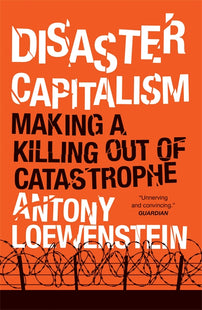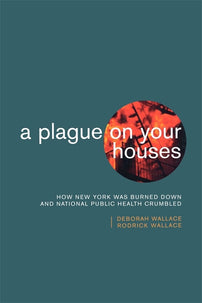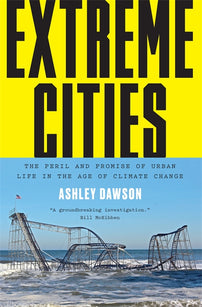The Deadly Forest Fires in Greece’s Attica Region: A Predictable Tragedy
The tragic fires in Greece are the result of anarchic real estate speculation, climate change, and austerity.

First published in Contretemps. Translated by Joe Hayns.
Greece is living tragic days. On Monday 23 July, a fire rapidly spread through the east of Attica — the region surrounding Athens — across residential areas, causing a disaster without precedent: the official death toll is at 84, with others still missing. Hundreds of homes have been totally destroyed, leaving many without shelter.
This tragedy is the result of the combination of several factors.
Mediterranean forests, and particularly the pine forests, are prone to forest fires — indeed, this is the principal means of their rejuvenation. However, in Greece, having a house in a pine forest, by the sea, has seemed the ideal vacation place. Consequently, endemic, anarchic real estate speculation of forest lands has become a characteristic trait of modern Greek urban development.
The result has been large areas filled with houses, built without planning, with inadequate streets and roads (and no room for emergency vehicles); houses under highly flammable pine trees, without escape routes — areas that can easily turn into death traps for their inhabitants.
At the same time, there is a constant pressure from both construction and property interests against the official protection of forest lands, so they they can be mined, or used for large-scale tourism projects. One of the demands of the business community in Greece has been to accelerate the process of "un-declaring" forest land as protected, giving greater opportunities to arsonists
Climate change was also a contributing factor. Extreme weather conditions, and in particular a combination of extreme heat and heavy local winds, are becoming more common — and it was precisely those meteorological conditions that affected the Attica zone, with wind gusts having reached 120 km/hr.
Austerity, and the measures imposed by Greece’s creditors as part of the infamous “Memoranda of Understanding," have taken a heavy toll on civil protection in Greece. The Fire Service’s water tankers are more than 15 years old. Around 25% of all Fire Service vehicles are out of operation, in repair shops, and there is a lack of tires. Fire Service personnel are having to buy some of their own equipment, amd there are many personnel shortages across Fire Service departments.
This compounds earlier decisions, such as the 1998 stripping of the Forestry Service of the responsibility for forest fires, delegated instead to the Fire Service, leading to a situation in which the suppression of fires was delinked from the broader question of managing and protecting forests.
The lack of preparation has too played an important role in the tragedy. Even though the Greek government has presented the situation as entirely beyond its control, it did not, in reality, have any civil protection plan.
Since the deadly fires of 2007 in Greece, and experiences of forest fires in other countries — in Portugal, notably — we know the great danger of forest fires rapidly advancing in residential areas, catching by surprise people even as they’re driving, trying to flee, and so the need for detailed, tested plans for evacuation processes, and the mechanisms to quickly raise the alarm. While the general directives for civil protection had signalled these needs, not a single plan was put in place.
These problems were known. Preceding disasters, like fire of 2007 (when the fire had swept even the Olmypia archaeological site) were not met with the necessary, radical changes; and the type of speculation that contributed to these current fires is hardly new. The lack of planning, too, is an established problem for local authorities. Syriza’s portion of blame is, then, enormous — the government led by Alexis Tsipras has with every success applied austerity measures, but has been incapable of preparing to face disasters such as these.
This government has not spared any effort in making the allegedly necessary cuts to public spending, so as to achieve a surplus budget, but has done nothing to put in place either plans for evacuation or for containing this particular type of forest fire. This government has as assiduously cut the budgets for civil protection as it has for education and health.
In contrast with the lack of planning and coordination at the national and local level, the firefighters, rescue teams, doctors and nurses have made an extraordinary effort, in the face of an near-impossible situation, often going beyond their own limits.
And at the same time, we have seen a wave of solidarity, one itself without precedent. Enormous queues were formed outside hospitals, of people wanting to give blood; vitally important aid was quickly gathered; many have gone to volunteer their help. This solidarity, too, knows no limit — Egyptian fishers saved those people that, in order to escape the fire, jumped into the sea; Kurdish and Afghani refugees gave blood, whilst Pakistani migrants volunteered their help.
At a time of such tragedy, marked by death and devastation — and anger, against the inability of the government to face the situation, and the wider consequences of EU-imposed austerity — such solidarity is the only source of hope.
[book-strip index="1" style="display"]




